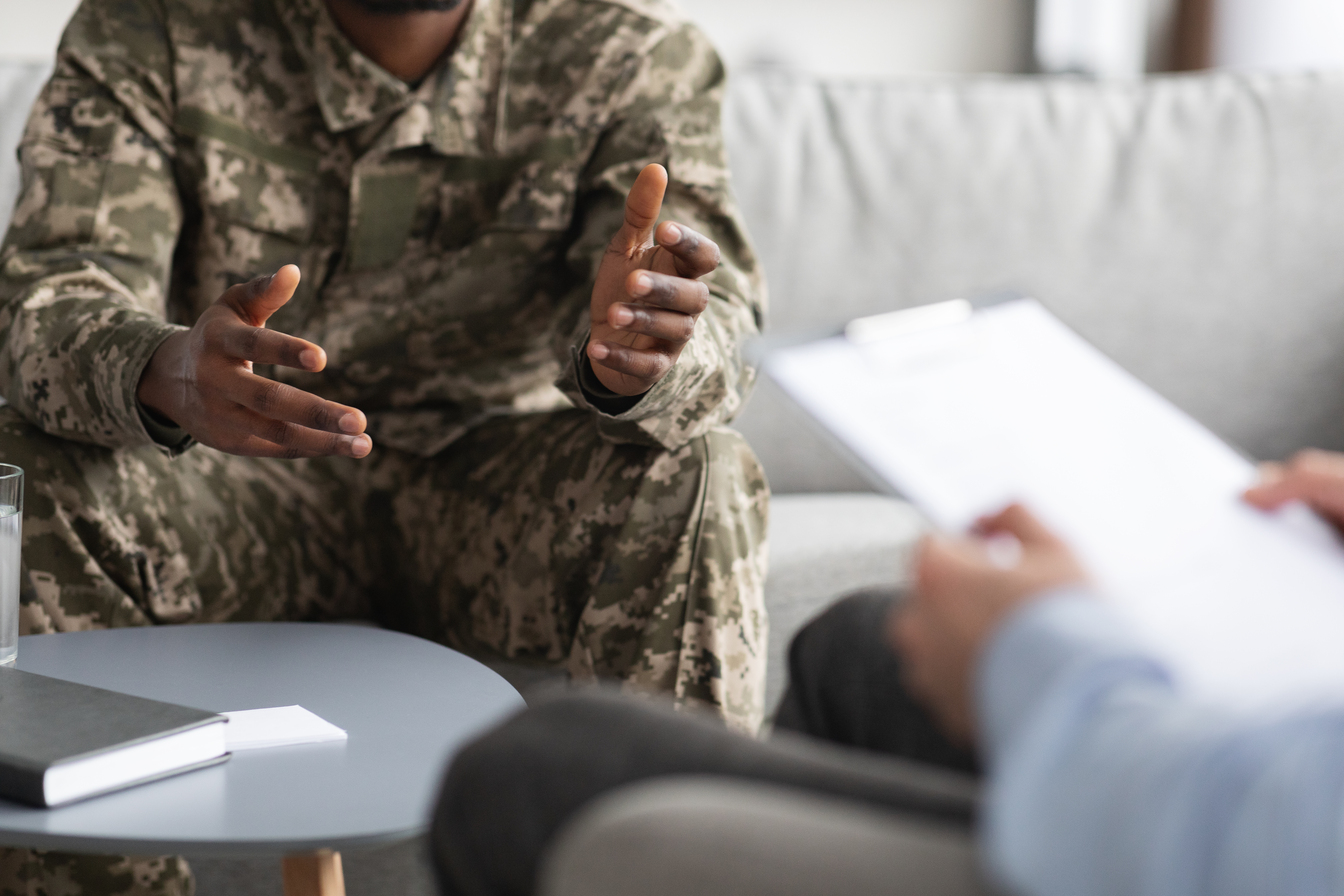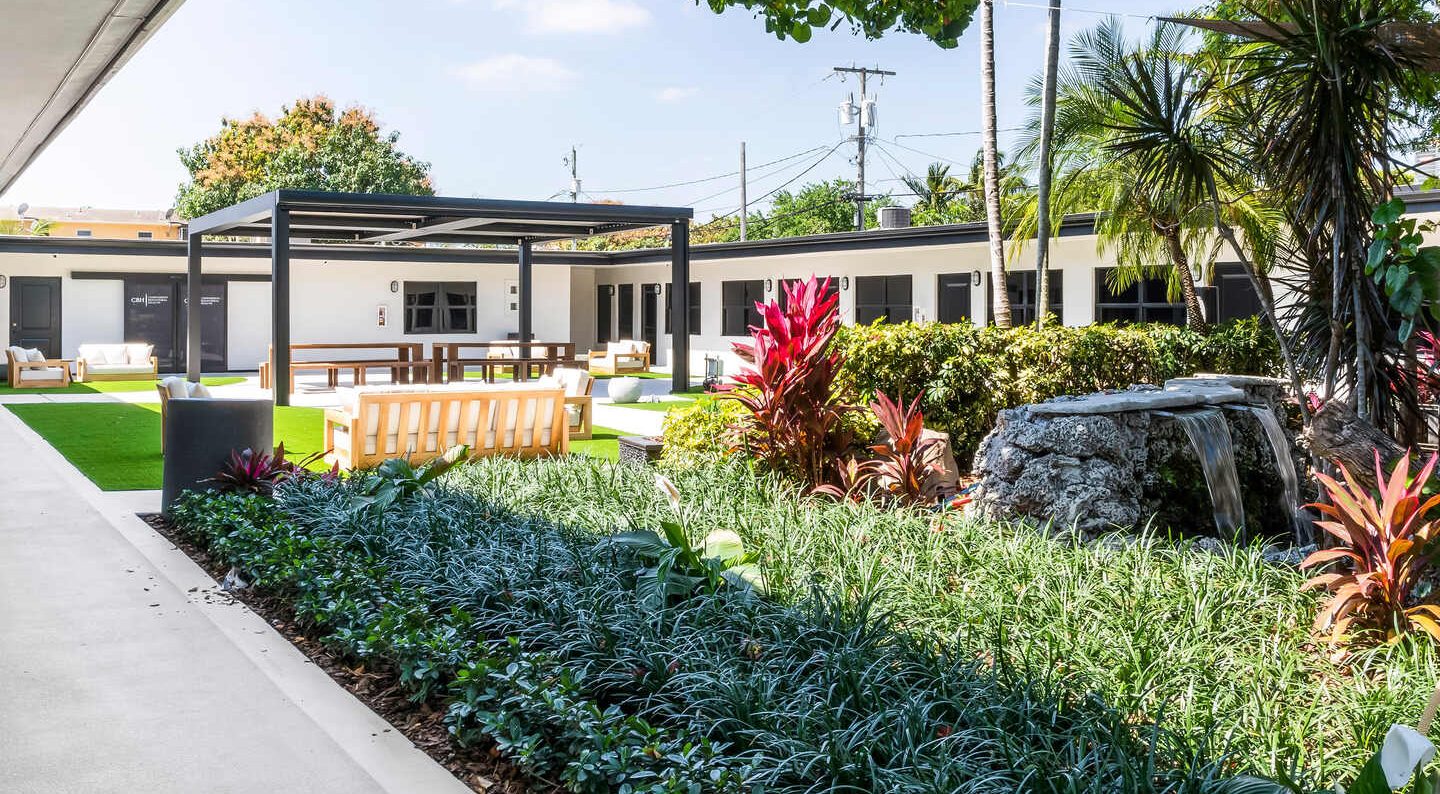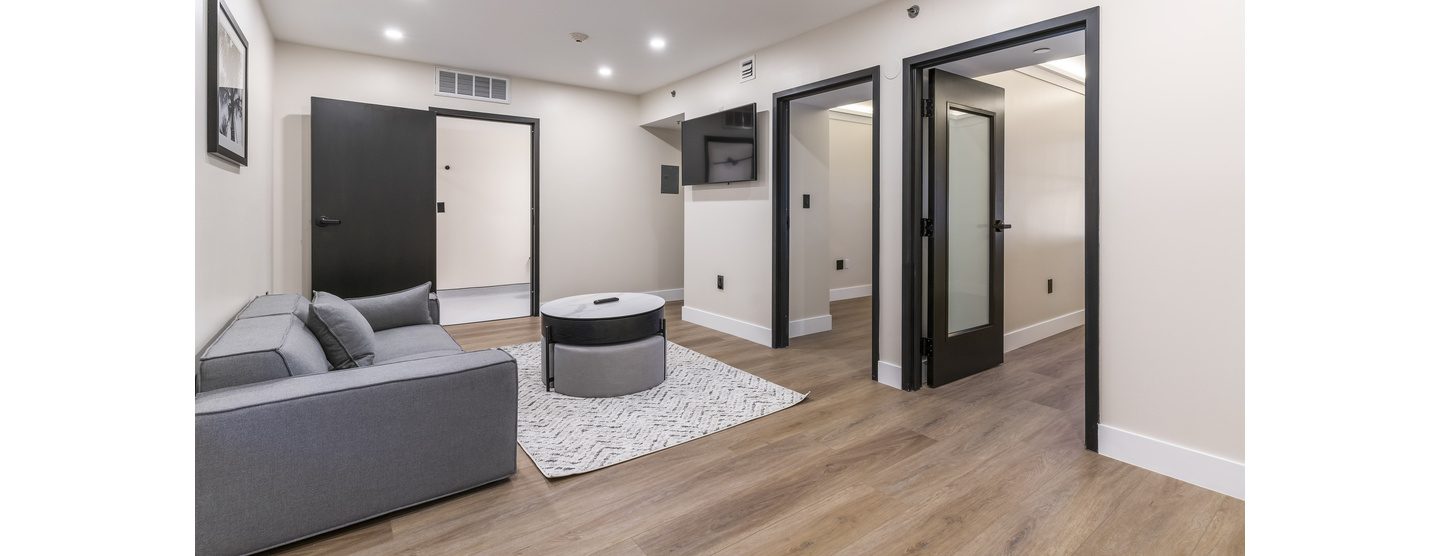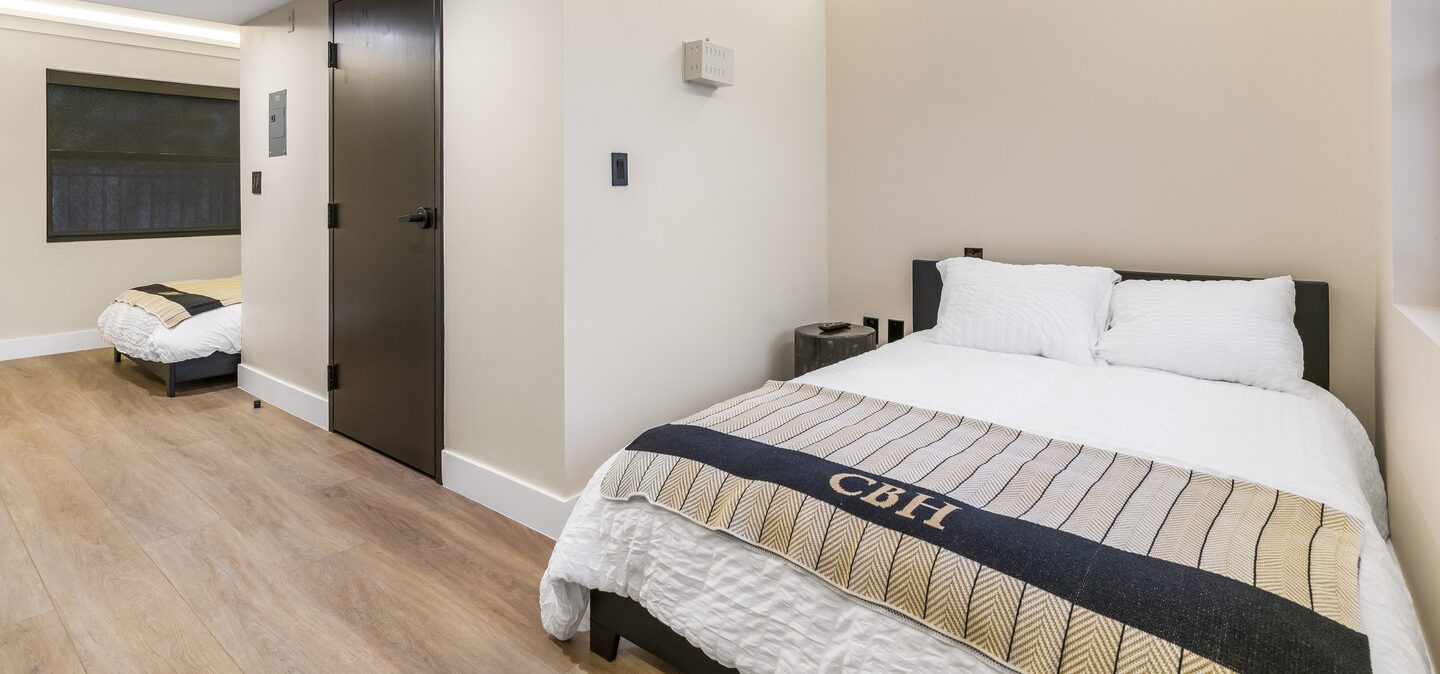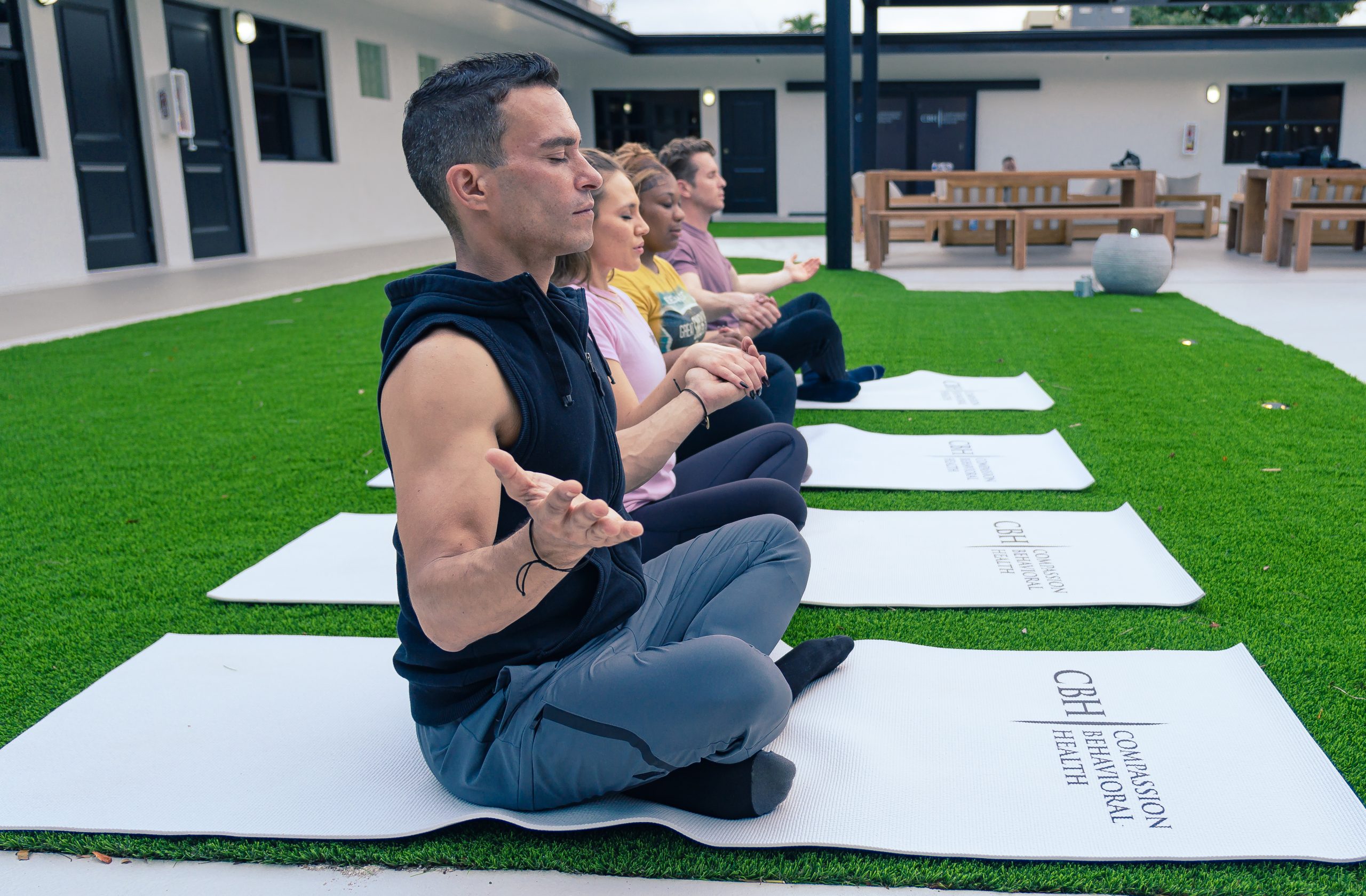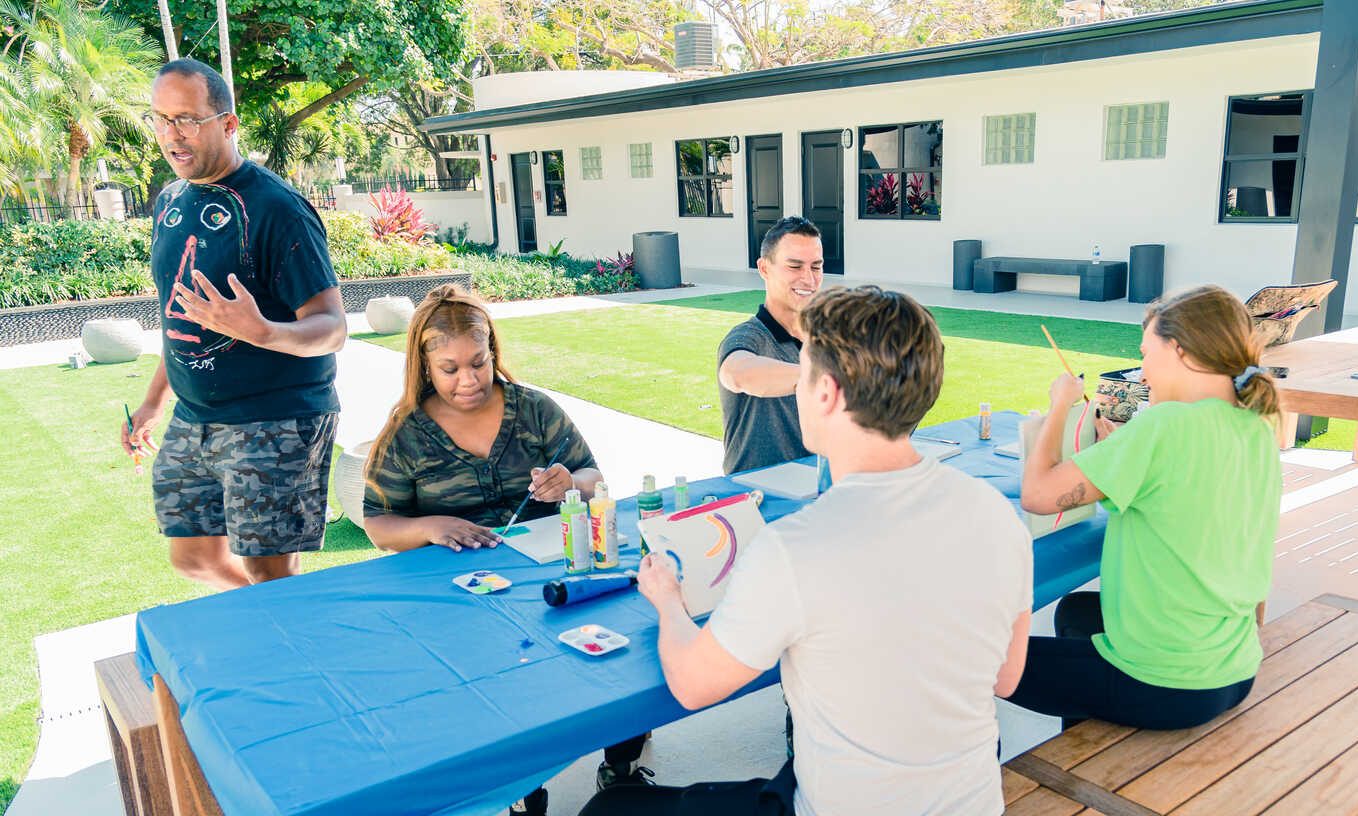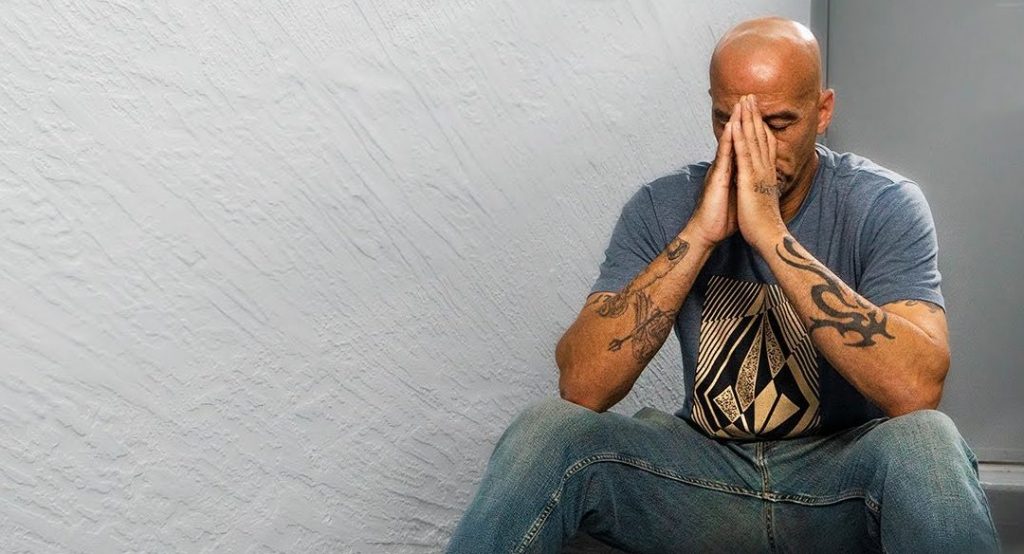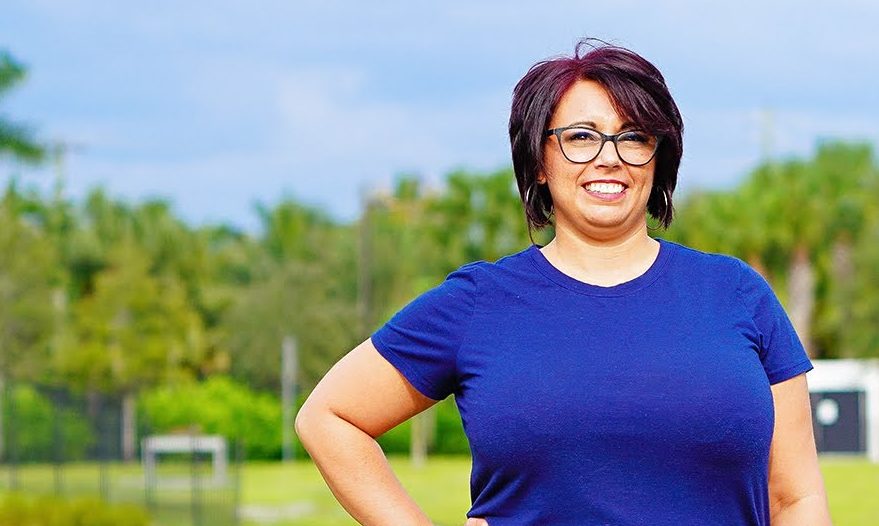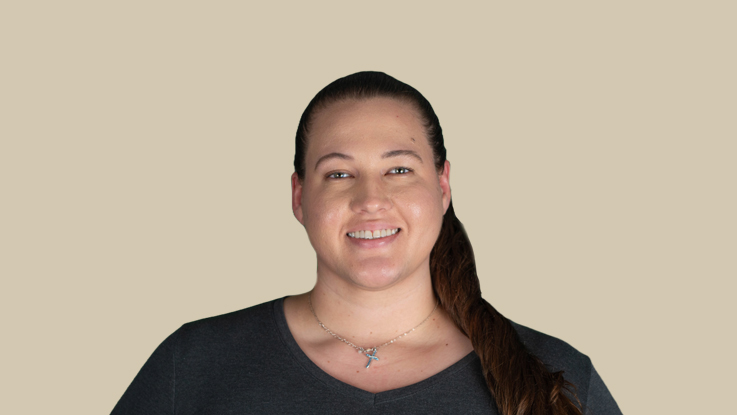Many veterans face unique challenges when it comes to mental health and addiction. These issues often stem from experiences during service, and can significantly impact their quality of life.
Compassion Behavioral Health is renowned for its comprehensive and effective programs, with a special focus on assisting veterans.
The veteran’s program at Compassion Behavioral Health is a specialized treatment plan designed to cater to the unique needs of veterans. It acknowledges the distinct experiences and challenges faced by veterans, providing a supportive environment for recovery and growth.
With a team of experienced professionals, the program offers a holistic approach to treatment, integrating physical, mental, and emotional health. It aims to help veterans regain control of their lives, fostering resilience and self-sufficiency.
Treatment Options for Veterans
There are numerous treatment options available for veterans struggling with mental health issues and addiction. These treatments often involve a combination of therapies, medications, and support services to address the various aspects of these complex conditions.
It’s important to note that treatment should be tailored to the individual’s needs, considering their specific mental health issues, addiction, and personal circumstances.
Psychotherapy
Psychotherapy, also known as talk therapy, is a common treatment for mental health issues and addiction. It involves discussing thoughts, feelings, and behaviors with a mental health professional to gain insight and develop coping strategies.
There are various types of psychotherapy that can be effective for veterans, including Cognitive Behavioral Therapy (CBT), Dialectical Behavior Therapy (DBT), and Eye Movement Desensitization and Reprocessing (EMDR).

Medication
Medication can be an effective part of treatment for mental health issues and addiction. Antidepressants, anti-anxiety medications, and medications to manage cravings and withdrawal symptoms can all be beneficial.
However, it’s important that medication is used as part of a comprehensive treatment plan, alongside therapies and support services.
Support Services
Support services are a crucial part of treatment for veterans. These can include peer support groups, vocational rehabilitation, housing assistance, and more.
Support services can help veterans manage the practical aspects of their lives while they focus on recovery, providing a crucial safety net.
Veteran’s Program at CBH in South Florida

Veterans face unique challenges when it comes to mental health and addiction, but there is help available. With the right treatment and support, recovery is possible. If you or a loved one is a veteran struggling with these issues, don’t hesitate to reach out for help.
Key Features of the Program
The veteran’s program at Compassion Behavioral Health is characterized by several key features that set it apart. These include:
- Individualized Treatment Plans: The program offers personalized treatment plans, tailored to meet the unique needs and goals of each veteran.
- Comprehensive Care: The program provides comprehensive care, addressing both mental and physical health issues. This includes treatment for conditions such as PTSD, depression, anxiety, and substance abuse.
- Experienced Staff: The program is run by a team of experienced professionals who are well-versed in the unique challenges faced by veterans.
- Supportive Environment: The program fosters a supportive and understanding environment, encouraging veterans to share their experiences and work towards recovery.
Benefits of the Program
The veteran’s program at Compassion Behavioral Health offers numerous benefits to veterans. These include:
- Improved Mental Health: The program provides treatment for a range of mental health conditions, helping veterans to improve their mental health and overall well-being.
- Increased Resilience: The program helps veterans to build resilience, equipping them with the skills and strategies needed to cope with life’s challenges.
- Enhanced Quality of Life: By addressing both mental and physical health issues, the program helps veterans to enhance their quality of life.
- Support Network: The program provides a supportive community, offering veterans the opportunity to connect with others who have had similar experiences.
Impact of the Veteran’s Program at Compassion Behavioral Health
The veteran’s program at Compassion Behavioral Health has had a profound impact on the lives of many veterans. It has helped them to overcome their struggles, regain their independence, and lead fulfilling lives.
Many veterans have reported significant improvements in their mental health, noting reductions in symptoms of PTSD, depression, and anxiety. They have also reported improvements in their physical health, with many experiencing reductions in pain and improvements in sleep.
If you’re a veteran struggling with mental health or addiction, remember that you’re not alone. Compassion Behavioral Health is here to offer you a customized path to healing and recovery.
With a team of experienced professionals, the program offers a holistic approach to treatment, integrating physical, mental, and emotional health. It aims to help veterans regain control of their lives, fostering resilience and self-sufficiency.
Call Us Today and take the first step towards reclaiming your life with our expertly tailored rehabilitation programs.
Resources for Veterans
There are numerous resources available for veterans seeking help with mental health issues and addiction. These include government programs, non-profit organizations, and online resources.
Here are some key resources:
- The U.S. Department of Veterans Affairs (VA) provides a range of mental health and addiction services for veterans.
- The National Center for PTSD offers information and resources for veterans suffering from PTSD.
- The Substance Abuse and Mental Health Services Administration (SAMHSA) provides information on substance abuse treatment options.
These resources can provide valuable support and guidance for veterans seeking help. However, it’s important to seek professional help if you or a loved one is struggling with mental health issues or addiction.



